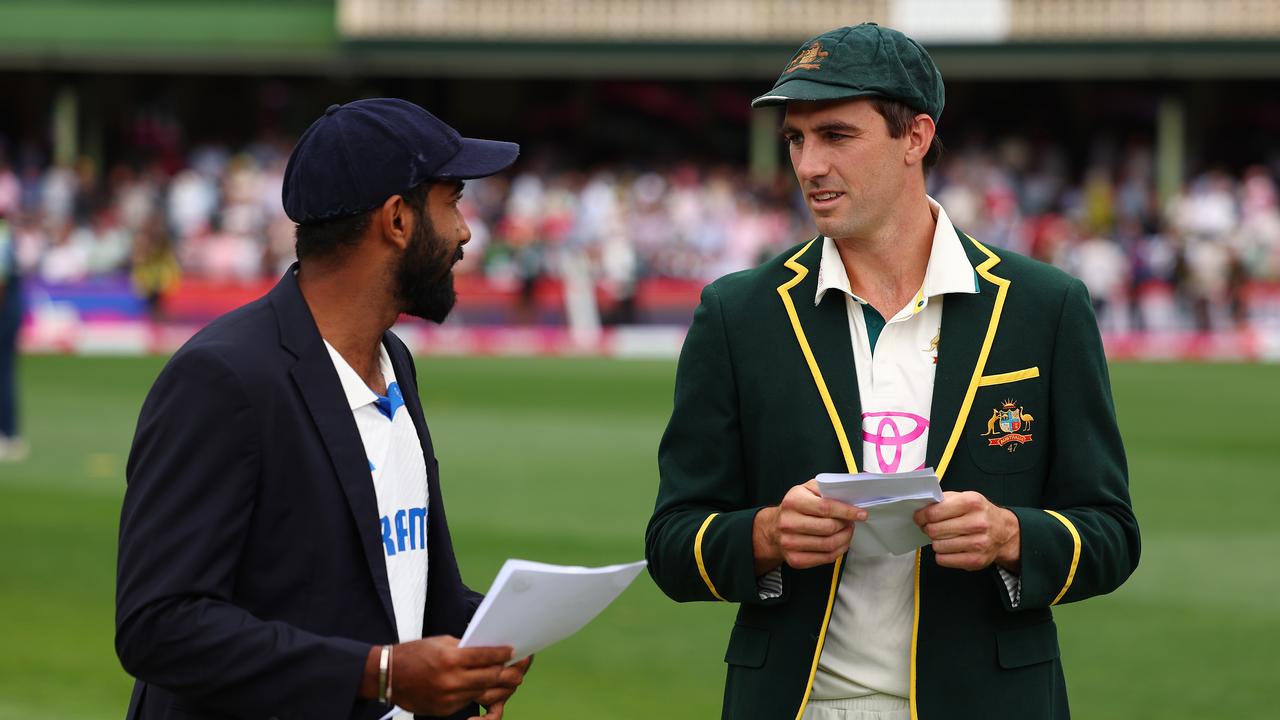Disrespect of World Test Championship is classic example of English exceptionalism

- by Admin
- July 8, 2024

English cricketing exceptionalism has a long history. Until the 1950s, England paid players more for Ashes Tests, indicating that they did not regard all internationals as of equal importance. Into the 1960s, England routinely sent weakened sides when touring countries other than Australia. England’s appalling record in one-day international cricket between 1992 and 2015 was underpinned by a sense that it did not matter as much as Test cricket, an attitude out of sync with the rest of the world.
The culture of English cricket continues to view their performance in one series as the barometer. “We probably define our sense of worth too much by winning and losing Ashes series,” Andrew Strauss said in 2015, when he was England’s director of cricket. Since the World Test Championship launched five years ago, little has changed.
In 2021, then head coach Chris Silverwood framed the series against India – one of England’s biggest rivalries in its own right and also part of the World Test Championship – as mere preparation for the tour Down Under. “To get to where we want to be against Australia, we have to perform well in these Tests,” Silverwood said. England did not perform well in the Tests, and then lost the Ashes 4-0.
English cricket might act like it does not need the World Test Championship, but it emphatically needs Test cricket. And for all its flaws – the imbalanced schedule, the arcane points system and having a league that runs for almost two years – the Test Championship is the best solution that administrators have yet devised to protect the format’s vitality throughout the world.
Beyond the privileged three nations who can afford to play longer series against each other, two-match series have long since been the norm; not since South Africa hosted Pakistan in 2019 has a series not featuring Australia, England or India comprised three Tests. For the bulk of Test nations, the World Test Championship now provides the central focus to their five-day cricket: context to matches, and the chance to win a global title.
Even for Australia and India, the Test Championship is now essential to how their teams are judged. As Cummins and Kohli have made clear, they consider a two-year Test cycle as a failure if it does not culminate in playing – and preferably winning – the final. The Ashes will always be at the heart of England’s Test ambitions, but it should form part of a broader aim: regularly reaching, and winning, the World Test Championship final.
England sees itself as the nation where support for Test cricket is greatest. And yet, while lamenting that other nations do not treat the Test game with as much reverence, England can scarcely even feign interest in the five-day game’s sole global trophy.
The Latest News
-
January 6, 20255 Best Australian Online Casinos And Pokies 2025 : Most Trusted Real Money Online Casinos! Fast Payout & Instant Deposits!
-
January 6, 2025Iga Swiatek dismisses fitness concerns ahead of Australian Open, blames ‘tiredness’ for late medical time-out in defeat
-
January 6, 2025‘Rohit Sharma succumbs to Australian mental tactics’: Former Aussie spinner | Cricket News – Times of India
-
January 6, 2025I’m Chilling: Australian Travel Vlogger Luke Damant Laughs Off Fake Death Rumors from Afghanistan | The Express Tribune
-
January 6, 2025Preston makes statement in AO qualifying demolition




